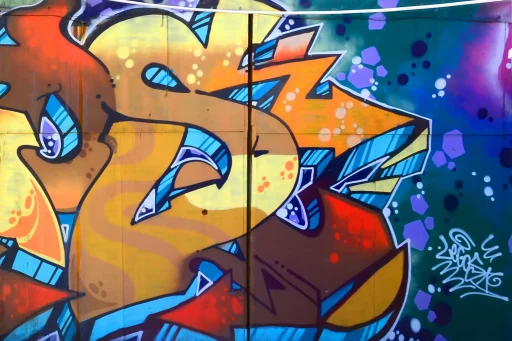Introduction to Crab Slang
In the vast world of marine biology and ecology, enthusiasts and professionals often employ a jargon specific to their field. One of the more informal yet captivating aspects of this language is ‘crab slang.’ This article will take you through the colorful terms and phrases that are used colloquially when discussing crabs, their behaviors, habitats, and culinary uses.
What is Crab Slang?
Crab slang encompasses a variety of words and phrases that have emerged within the marine community. While some terms may vary regionally or by species, many are understood universally among crab enthusiasts.
Common Crab Slang Terms
- Peeler: A crab that is about to molt its shell, indicating it is soft and more valuable for eating.
- Soft Shell: Refers to crabs that have recently molted and have not yet hardened fully, highly prized in culinary circles.
- Jim: A male blue crab, often sought for its meaty claws.
- Sook: A female blue crab, which is recognized for its reproductive potential and full taste.
- Crabbing: The activity of hunting or trapping crabs, a favorite pastime for many along coastal areas.
- Crab Pot: A trap specifically designed to catch crabs, deployed in shallow waters.
Case Study: Regional Variations in Crab Slang
Crab slang is not only fascinating for its vocabulary but also for its regional flavors. In the Chesapeake Bay, Maryland’s blue crabs are referred to with terms such as ‘jimmies’ for males and ‘sooks’ for females. This nomenclature reflects the deep cultural significance of crabbing in the region.
Conversely, in the Gulf Coast, the use of terms like ‘mudbug’ often describes freshwater crabs like crawfish, further illustrating how local ecology influences crab slang.
Statistics on Crab Fishing and Consumption
According to the National Oceanic and Atmospheric Administration (NOAA), around 160 million pounds of blue crabs were harvested in the United States in 2021, making them a staple in coastal cuisines.
- Maryland alone accounted for over 60% of blue crab catches, illustrating the crab’s regional significance.
- Soft shell crabs can net around 50% higher prices than hard shell crabs on the market due to their desired culinary taste and texture.
Crab Slang in Pop Culture
Crab slang has even made its way into pop culture, appearing in various movies, literature, and television shows. The 2003 animated film ‘Finding Nemo’ humorously showcases crab characters, introducing young audiences to marine vocabulary.
Moreover, crab-related terms often pop up in culinary competitions and cooking shows, with chefs using terms like ‘soft shell’ or ‘jim’ when discussing their ingredients. This inclusion helps to spread awareness of crab slang beyond the specialty communities.
The Importance of Crab Trade and Conservation Efforts
While crabbing is a beloved pastime, it’s vital to approach it sustainably. Regulations vary by region, with many areas implementing size limits, catch quotas, and seasonal restrictions to ensure crab populations remain healthy.
Organizations such as the Chesapeake Bay Foundation work tirelessly to educate the public about sustainable fishing practices, an effort that aligns perfectly with trends seen in crab slang—where local fishermen share anecdotes and wisdom that transcend generations.
Conclusion: The Charm of Crab Slang
Crab slang enriches the culture surrounding these fascinating creatures, giving voices to those who fish, cook, and simply admire crabs. Whether you are a professional marine biologist, a fishing enthusiast, or a seafood lover, understanding crab slang opens up a new dimension of appreciation for these oceanic wonders.





